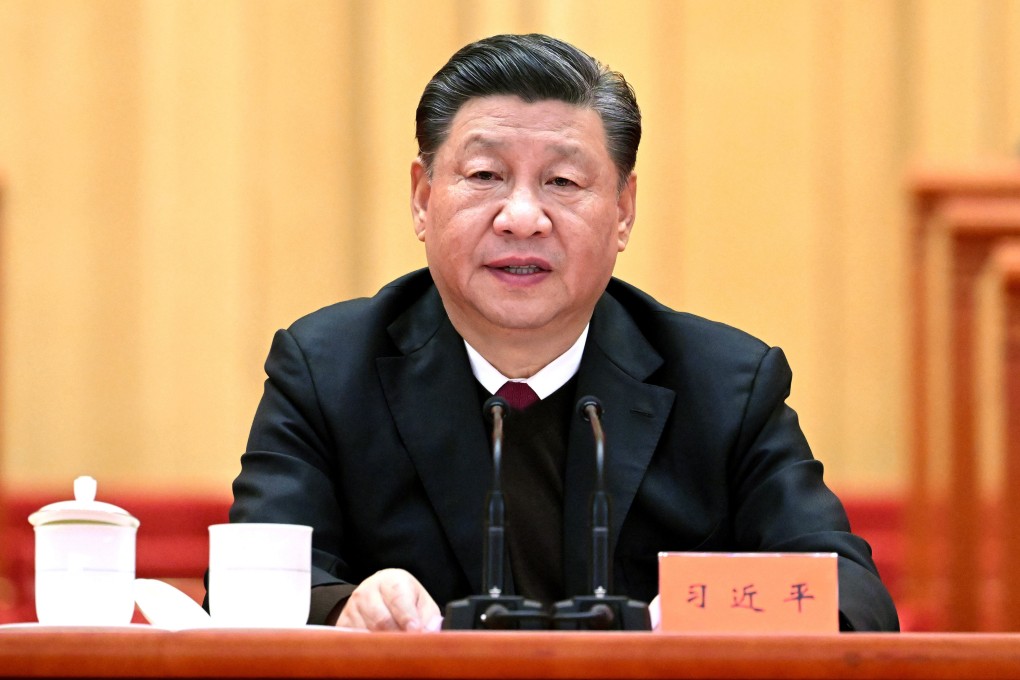‘Hit back when criticised on human rights’: Xi to officials
- New book includes 2014 speech to party leaders instructing them how to respond to criticism from Western countries
- Publication coincides with latest clash on values between Beijing and the West with competing virtual summits

In a February meeting that year, just 11 months into his first term as state president, Xi told about 170 ministerial-level officials that there were plenty of problems in the West.
“When Western leaders talked to me about human rights, I always said there’s no such a thing as best human rights, only better human rights,” he said.
“By saying that, I mean of course China’s human rights need development but you also have lots of problems on human rights, too.”
Xi said that, regardless of China’s development progress, its human rights conditions only had to meet the country’s own standards, not the West’s.
“We are good as long as we meet China’s own standards, and we don’t need to look to the standards of the West or care about how they judge us. Facing Western countries’ finger-pointing over China’s human rights, [we] must resolutely hit back!”